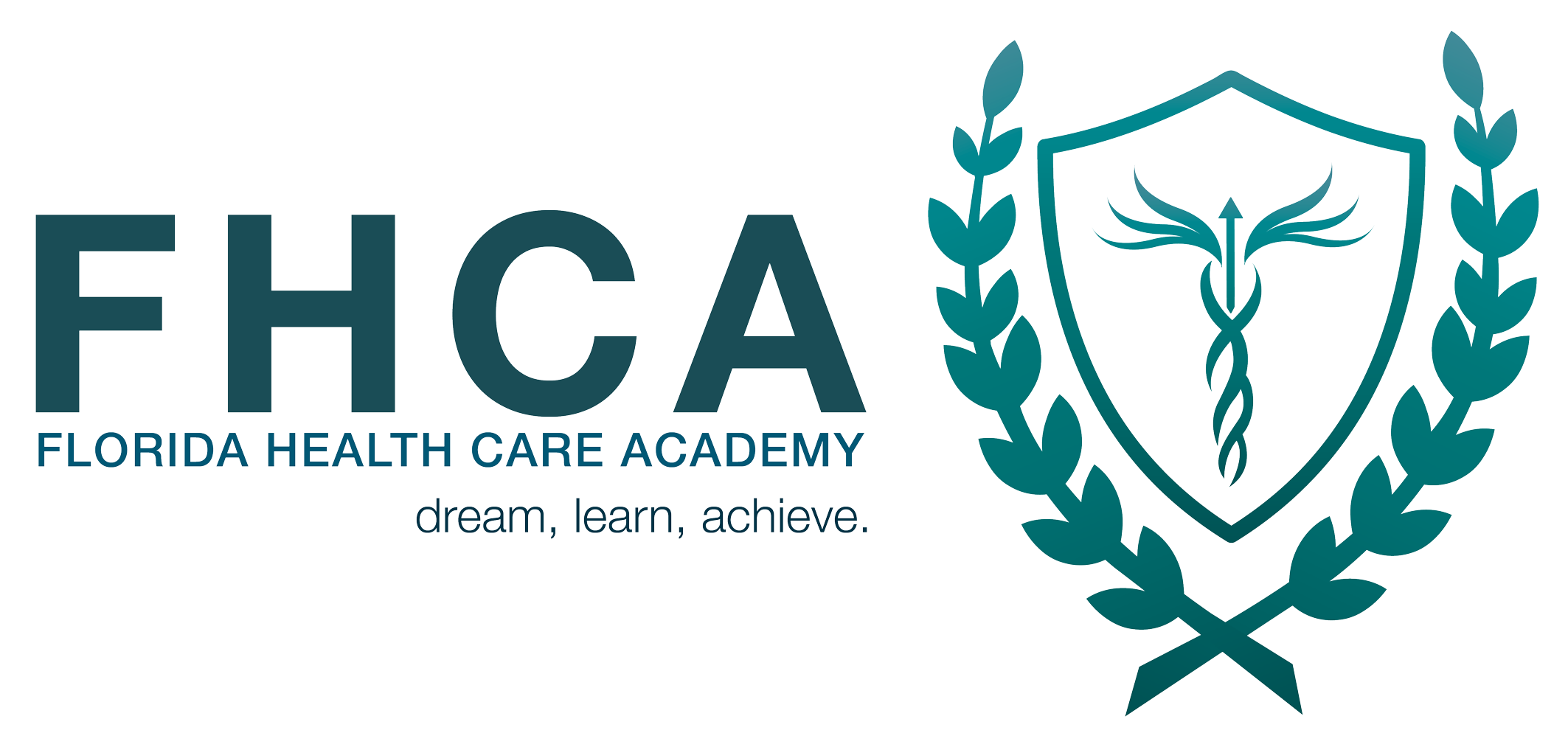Immediate and intermediate newborn care
April 15, 2022Nursing care in Pedriatics – Part II
June 1, 2022Nursing care in Pedriatics
Learn about pediatric nursing care and some of the most basic situations in which nurses will need to intervene.
Pediatric nursing is the management of the child’s health care, where it is recognized that the child has a synergy with the family and the environment. Therefore, such care is important while respecting the primary role of the family in the life of children who may have a special health condition.
Fundamentals of nursing care in pediatrics
Nursing care in pediatrics tends to support the families, since they have their main role as caregivers, to whom all the information for the care of the child is provided, in which we identify the following fundamental elements:
- Pediatric nursing care focuses on infants, children and youth up to 18 years of age.
- There must be an honest relationship between the child’s parents and the practitioner.
- Parents are respected for knowing their children.
- The diversity of family life is respected.
- Information should flow so that decisions can be made by family members and professionals.
- Parents will always be included in the care of children.
- The nurse will be concerned about the well-being of the whole family, during the child’s illness, giving physical, emotional and educational support in the care of the child.
It is important to mention that nursing care in pediatrics has a limit, so the representatives of the child, such as the mother or father, are directly responsible for the care of the child, taking as a principle that the patient in pediatrics is not responsible for their actions, which is why parents are decisive at the time of recovering the health of the child.
Pediatric nursing care situations
Infants, children and adolescents up to puberty, deserve special care for the monitoring of the child’s growth in consultations, preventive medicine and also in disorders that can be attended by the nursing staff, in this context, we will describe the most common diseases that affect the health of patients:
Respiratory Insufficiencies. When pediatric patients present asthmatic crisis, bronchial obstruction, breathing difficulties, cough, pneumonia, bronchopneumonia. Medications, nebulizations, physiotherapies, temperature and weight of the patient, hydration of the child will be taken, in addition to encouraging the direct participation of the family in the care of the child, emotional support and health education should be provided.
Diarrhea. The patient will present symptoms of dehydration and decreased stool consistency, where nursing care in pediatrics is based on weight control of the patient, blood sampling, maintaining the patient at rest, providing fluids, washing and cleaning the affected area, providing medication, accompanying the patient and family, encouraging physical contact with the child.
Aspiration of foreign bodies. It is one of the most frequent causes of airway obstruction in children, mouth and nose, where the nursing staff should perform a psychological preparation to the patient and parents, prior to the procedure to be performed for the removal of the foreign body, should also consult the possibility of sedating the patient and taking x-rays, should also support the family and ask to be present at all times by the child’s side.

